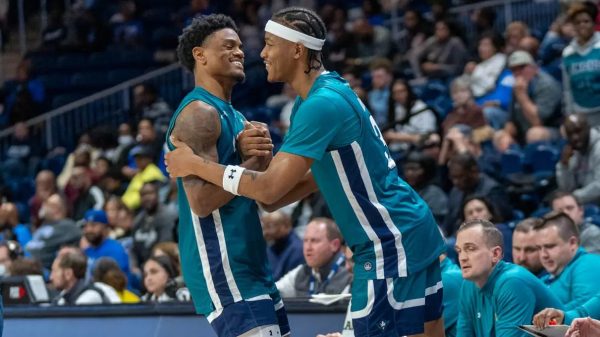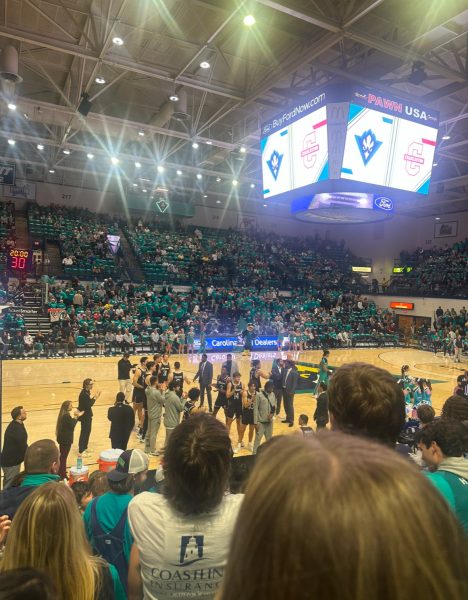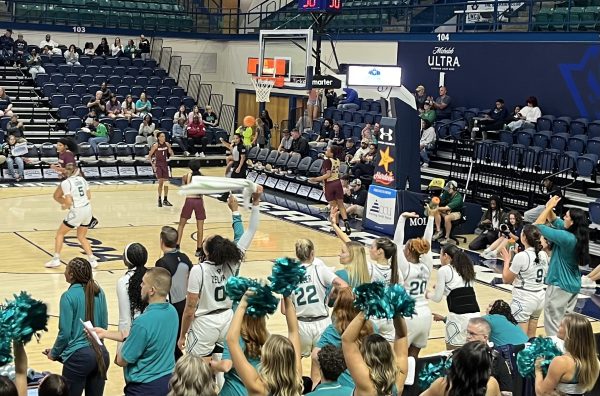Athletic Training Spotlight: Aldo Plata
When the clock strikes 9 a.m., most people in the workforce are settling into their cubicle or office, preparing for a day of paperwork, meetings and staring into the computer screen.
This is not the case for Aldo Plata, the baseball team’s primary athletic trainer at UNC Wilmington.
By 9 a.m., Plata’s day has begun with a full state of student-athletes floating in and out of the training room in need of rehab or treatment. From helping stretch athletes to icing and heating various injuries, he is sure to be running around feverishly before most finish their first cup of coffee.
With an average of 20 to 30 athletes in and out of the training room on a given morning, Plata and the rest of the training staff have their hands full for the majority of it. The work, however, is not limited to just interacting with athletes, as trainers are obligated to communicate with various doctors and coaches throughout the day to make sure that everyone is on the same page.
As the day wears on and approaches noon, the flow of incoming athletes dies down, and Plata and the rest of the training staff are generally able to get away for a quick lunch. This is not always the case, though. “I’ve gone days without eating,” Plata said. “There are days when you can’t find the time.”
After lunch is digested, it’s back to work for Plata. Most afternoons see trainers involved in the pre-practice production, as many procedures are a must before the athletes get onto the field. Plata and his student trainers scramble to collect ice and fill up the coolers as well as gathering all of the necessary medical devices that need to be on hand. Once everything is in place for practice, it is important that Plata runs through the precautionary rules for his trainers as well as the emergency action plans.
A few more athletes trickle in the training room for pre-practice treatment or tape before Plata makes his way out to the baseball practice field. His work is far from over, however. Plata must stay on his toes at all times during practices and games in order to be ready for any emergency. “I like to pay close attention so I can understand the mechanism of injuries,” he said.
On a normal day, baseball practice wraps up around five and Plata makes his way back to the training room to wrap up the day’s work. A few more treatments and tape jobs are needed before he can make his way out of the office for the day; generally around 6 p.m.
The next day will see much of the same as Plata rarely sees a break in the action during his busy week, but it all seems worth it for the fifth year trainer.
“I love my job because you are a behind-the-scenes person,” he said. “It’s very rewarding to help someone through a career-threatening injury from day one to the day they come back healthy.”






